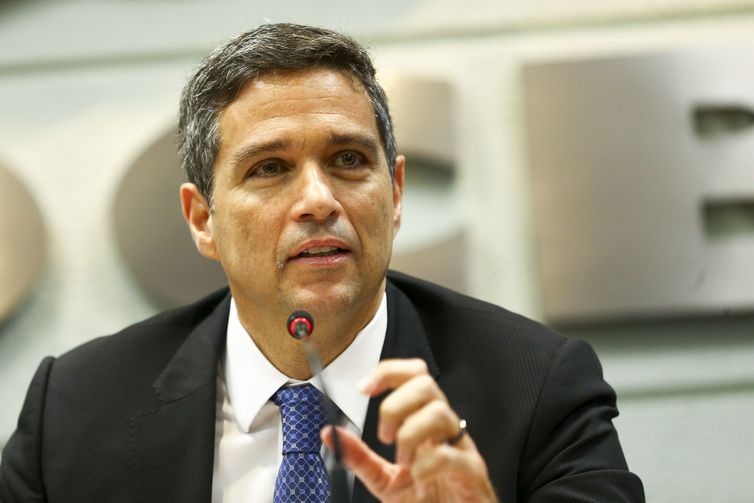RIO DE JANEIRO, BRAZIL – In its Quarterly Inflation Report, the Central Bank estimates that Gross Domestic Product (GDP) will grow by 0.9 percent this year and 1.8 percent in 2020.
According to Campos Neto, there was greater growth of the economy in the past, driven by public money. “But it was chicken-flight [short-lived] growth”.

Now, he said, there has been a change with a greater share of private money in economic growth because there is no fiscal room for more public spending and because a liberal economic policy has been adopted.
“It is a gradual recovery. And this recovery, coupled with reforms, will have more sustainable growth,” said Campos Neto.
The president of the Central Bank emphasized that, in addition to the progress of the Social Welfare reform, there is progress in other areas that are required to boost the economy. He mentioned advances in the program for the sale of public assets, the Economic Freedom Law and trade opening measures, for instance.
Campos Neto further stated that, for the Central Bank, “the best way to contribute to growth is to maintain steady inflation“.
Exchange Market
Campos Neto emphasized that the exchange rate is floating and that the Central Bank’s role is to intervene in the exchange market when there are dysfunctions.
“We have no dogma regarding instruments,” he said, explaining that there was an understanding in the past that all interventions had to be made primarily by means of swaps (operations in the futures market).
He stated that the Central Bank can also operate in the spot market if it deems it necessary. “We do not have any target for swaps,” he said.
Regarding the increase in the dollar price in Brazil, the president of the Central Bank explained that part of this shift was a reflection of the currency’s global high.
According to Campos Neto, part of the process was also caused by the early payment of debts of Brazilian companies abroad, such as Petrobras.
Source: Agência Brasil

